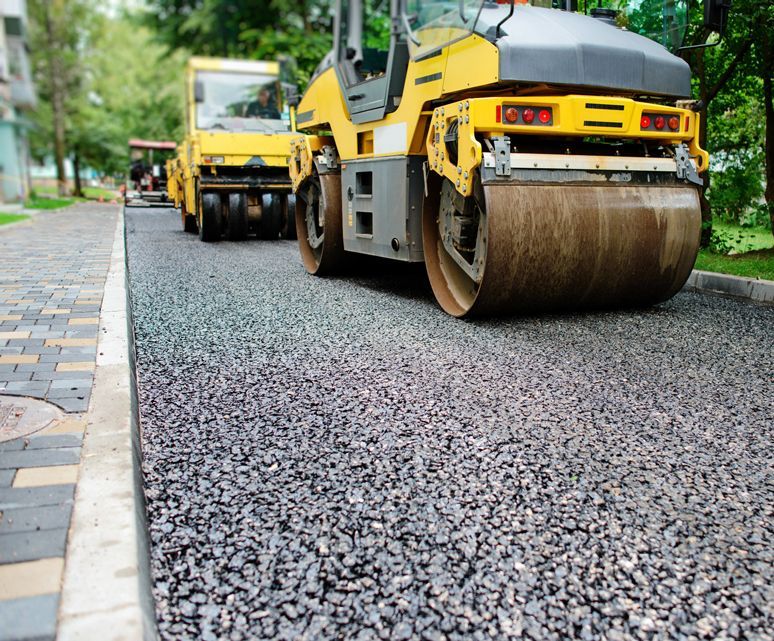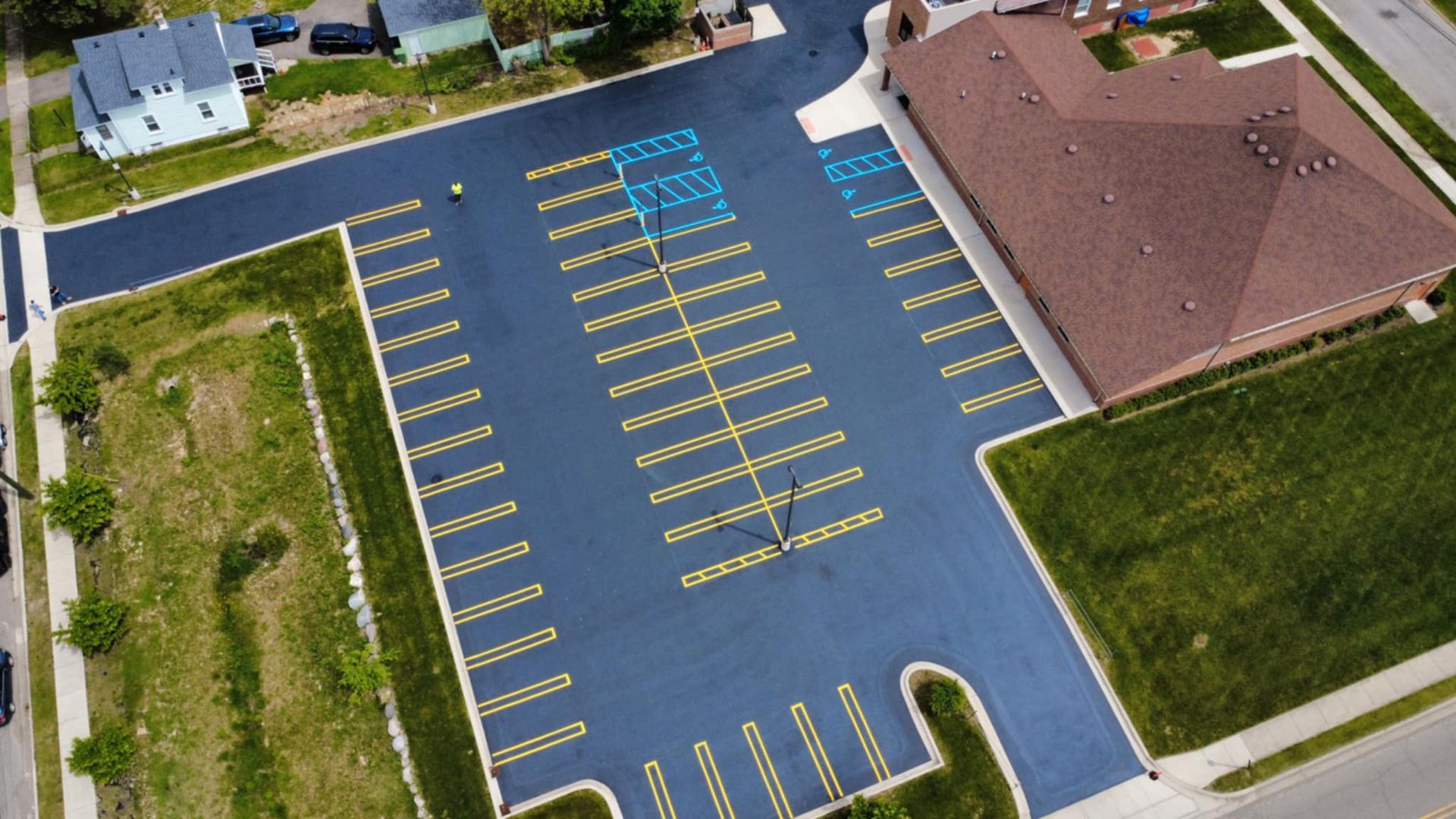
Asphalt: The Essential Building Block of Modern Transportation
Asphalt is a ubiquitous material that plays a vital role in the construction of modern transportation infrastructure. Whether you're driving on a highway, landing a plane on a runway, or cycling on a path, chances are you're using an asphalt surface.
What is Asphalt?
Asphalt is a black, sticky, and highly viscous petroleum-based material that is used to bind together aggregates (such as crushed stone, gravel, or sand) to create a strong and durable surface. It is a mixture of asphalt cement (a byproduct of crude oil refining), aggregates, and additives that give it its unique properties.
The Advantages of Asphalt
Asphalt has several advantages that make it a popular choice for transportation infrastructure:
- Durability: Asphalt is designed to withstand the heavy loads and traffic that modern transportation systems require. It has a high load-bearing capacity and can resist damage from weather, water, and chemicals.
- Safety: Asphalt surfaces provide excellent skid resistance, which is important for preventing accidents and improving safety for drivers, cyclists, and pedestrians.
- Cost-effectiveness: Asphalt is a relatively low-cost material compared to other alternatives, such as concrete or brick. It is also easy to repair and maintain, which can save time and money over the life of a project.
- Sustainability: Asphalt is a recyclable material that can be reused and repurposed, which reduces waste and conserves natural resources.
The Future of Asphalt
Asphalt is an essential building block of modern transportation infrastructure, and its importance is only expected to grow in the future. As new technologies and materials are developed, asphalt will continue to evolve to meet the changing needs of society.
For example, research is currently underway to develop more sustainable forms of asphalt that reduce greenhouse gas emissions and improve the environmental performance of transportation infrastructure. New additives and techniques are also being developed to improve the durability and performance of asphalt surfaces.
In conclusion, asphalt is a crucial material that enables us to travel safely and efficiently. Its durability, safety, cost-effectiveness, and sustainability make it a popular choice for transportation infrastructure. As we look to the future, we can expect asphalt to continue to evolve and adapt to meet the needs of our rapidly changing world.













